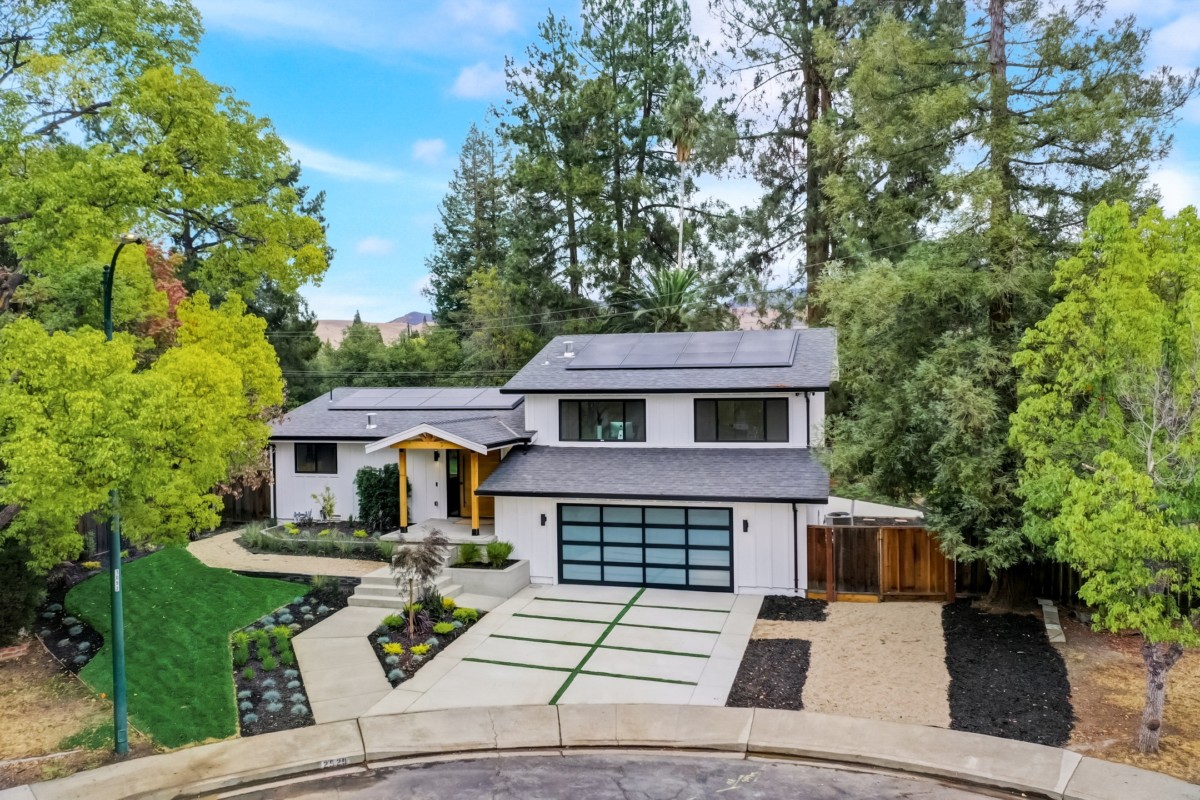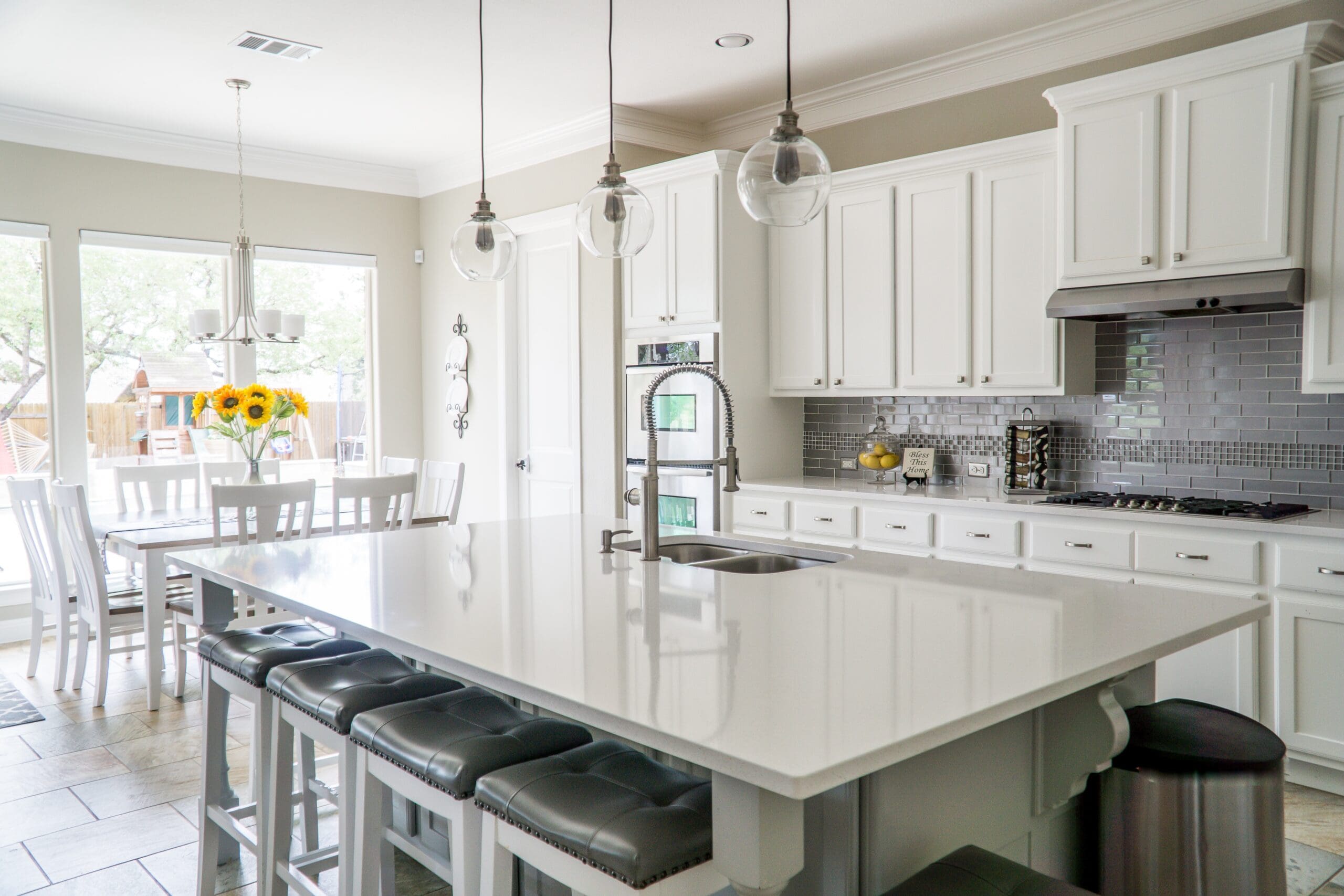Russell Vought, the director of the White House Office of Management and Budget (OMB), submitted the president’s fiscal year 2026 budget request to the chair of the Senate Appropriations Committee on Friday and is calling for $163 billion in non-defense spending cuts.
If the cuts are approved, roughly one-fifth of these funds, or $32.9 billion, would come from the U.S. Department of Housing and Urban Development (HUD), according to HousingWire‘s review of the proposal.
The budget proposal released on Friday is non-binding, but it could be indicative of the direction that President Donald Trump and his allies in Congress will aim to take the debate over the next several months. The current government funding deadline is Sept. 30, at which point Congress must pass a funding package to keep the government open.
Proposed HUD cuts
The largest proposed cut to HUD by far would target the State Rental Assistance Block Grant program. It would trim $26.7 billion across a variety of programs, including tenant-based rental assistance, public housing, project-based rental assistance, housing for the elderly and housing for people with disabilities.
“The budget empowers states by transforming the current federal dysfunctional rental assistance programs into a state-based formula grant which would allow states to design their own rental assistance programs based on their unique needs and preferences,” Vought said in the document.
“The budget would also newly institute a two-year cap on rental assistance for able bodied adults, and would ensure a majority of rental assistance funding through states would go to the elderly and disabled.”
A state-based formula program would “also lead to significant terminations of federal regulations,” he said, adding that the effort is related to broader moves to include federal land in the development of new housing.
The document also calls for the elimination of the Community Development Block Grant (CDBG) program, cutting $3.3 billion in total. Vought calls the CDBG program “poorly targeted,” saying it is used for “a variety of projects that the federal government should not be funding.”
The document also calls for the elimination of the HOME Investment Partnerships Program ($1.25 billion); Native American and Native Hawaiian housing assistance block programs ($479 million); cuts of $532 million in “homeless assistance program” consolidations; and $296 million in surplus lead hazard reduction and healthy homes funding.
Additionally, it calls for cuts of $196 million in self-sufficiency programs; $100 million to eliminate the Pathways to Removing Obstacles (PRO) Housing initiative; and $60 million in fair housing grants, including the elimination of the Fair Housing Initiatives Program (FHIP).
HUD, organization reactions
HUD Secretary Scott Turner praised the budget proposal as one that “rightfully provides states and localities greater flexibility while thoughtfully consolidating, streamlining, and simplifying existing programs to serve the American people at the highest standard,” he said in a statement.
 Scott Turner
Scott TurnerHe added that it “creates the opportunity for greater partnership and collaboration across levels of government by requiring states and localities to have skin in the game and carefully consider how their policies hinder or advance goals of self-sufficiency and economic prosperity.”
Reactions from housing advocates, however, were far more mixed. Some organizations, like the Community Home Lenders of America (CHLA), want to see more details before making a wider determination.
“CHLA’s main budget focus is on ensuring adequate funding and staffing for FHA and Ginnie Mae,” said Scott Olson, CHLA’s executive director. “Since the ‘skinny budget’ only provides broad policy proposals, we will have to wait for a more itemized budget and action by appropriators to determine how those programs will fare.”
The National Housing Law Project (NHLP) blasted the budget proposal shortly after it was released on Friday. The plan “cuts life-saving programs that keep poor and working people housed, fed, and healthy,” according to NHLP executive director Shamus Roller.
NHC: Plan is likely ‘dead on arrival’
David Dworkin, the president and CEO of the National Housing Conference (NHC) called the budget proposal “draconian,” but added that it comes with a silver lining.
“The good news is that the housing budget is likely dead on arrival,” Dworkin said in an interview on Friday. “The depth of the cuts would create both a massive homelessness crisis and a real estate crisis where owners of apartment buildings that rely on Housing Choice Vouchers would be going bankrupt at a breathtaking pace.”
 David Dworkin
David DworkinHe said that the budget as proposed would provide no “better way to put more businesses into bankruptcy than by slashing Housing Choice Vouchers.” He added there would be “no better way to undercut the president’s entire housing affordability agenda than this HUD budget.”
The proposals bring him a feeling that members of Congress, including Republicans, could not support such cuts.
“That would be consistent with past budgets going back to President Reagan, where OMB recommended cuts, but the process ultimately led to negotiations that preserved many key programs,” he said.
This is unlikely to be a year that brings new affordable housing money flowing from government coffers — and funding will in fact be cut, Dworkin said. But Republican lawmakers are increasingly representing constituents “who are struggling with housing affordability for this budget to pass.”
Dworkin called Vought a “committed libertarian” who believes that the government should have no place in the programs he has targeted for cuts.
“I respect that — but he won’t be the one held responsible for what happens,” he said. “In practice, those who vote for the budget are going to be held accountable.
“Ultimately, the HUD secretary will be left dealing with what’s left. That’s the dynamic where we move from the ideological to the practical, and the practical is where legislation actually gets made.”



















 English (US) ·
English (US) ·